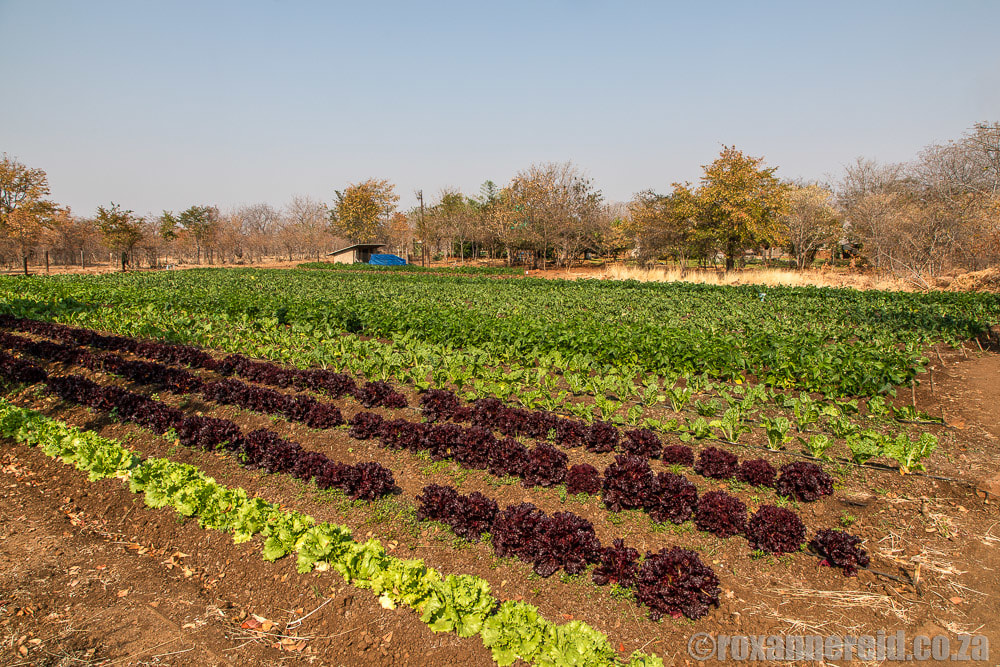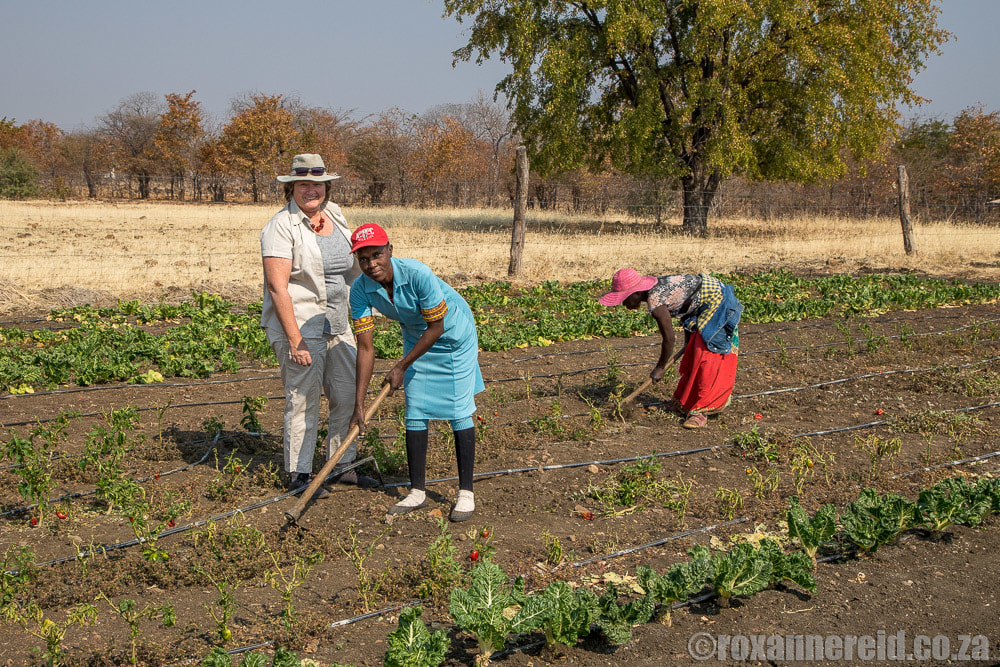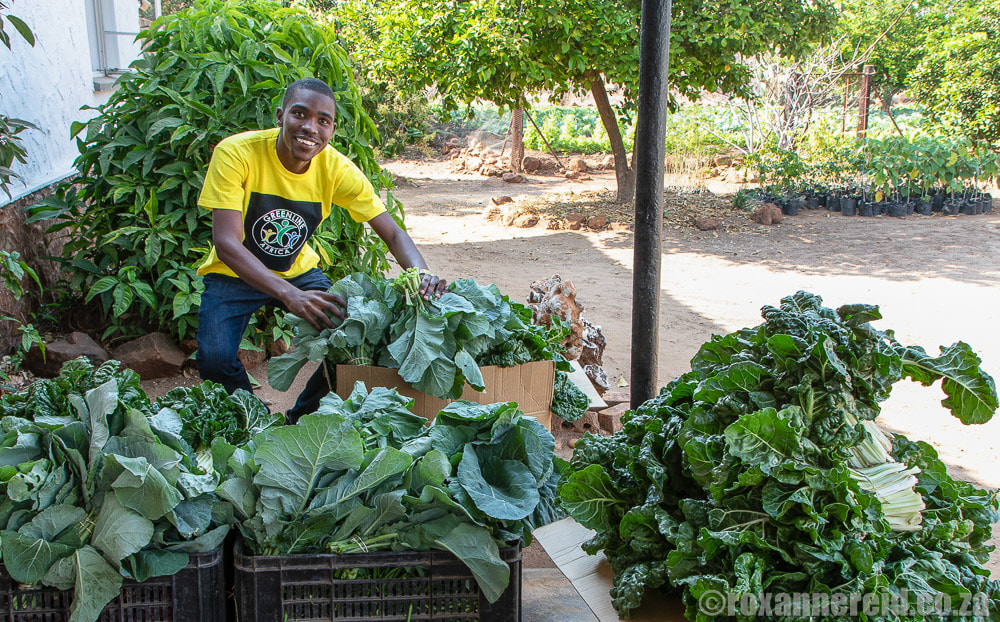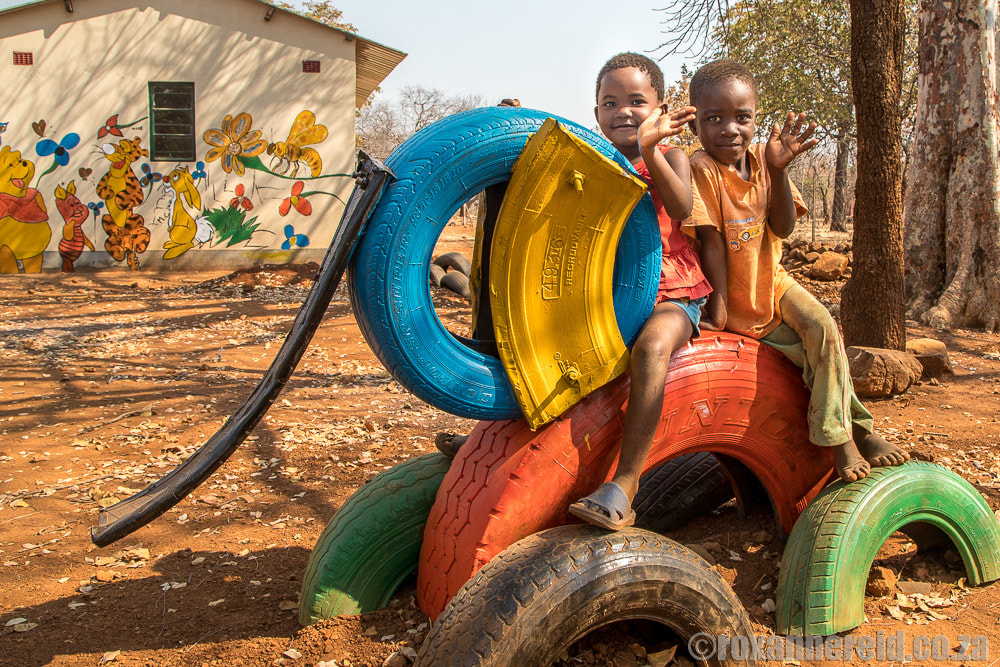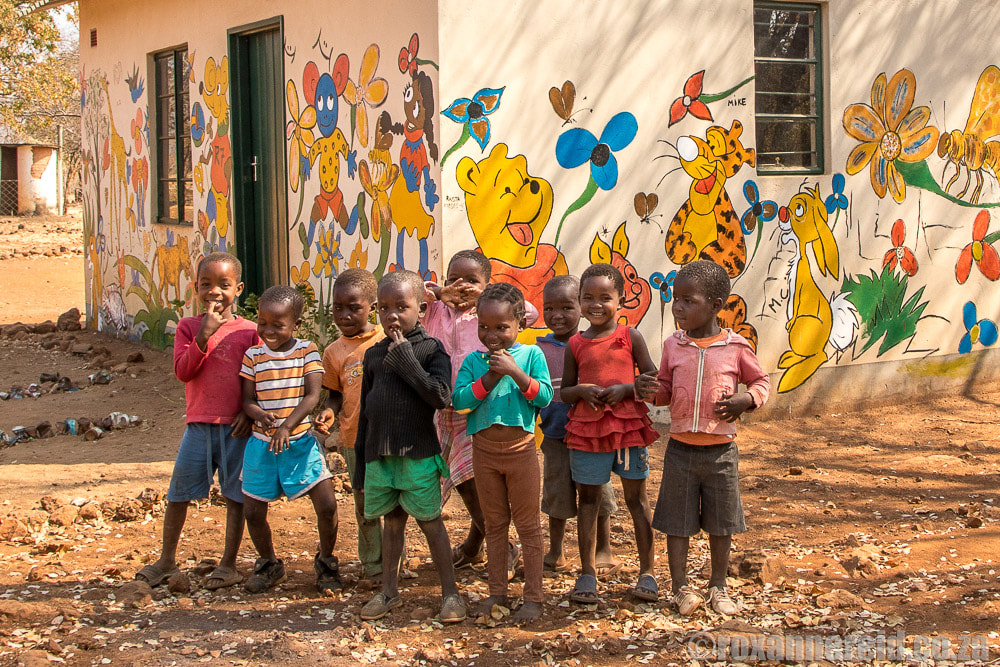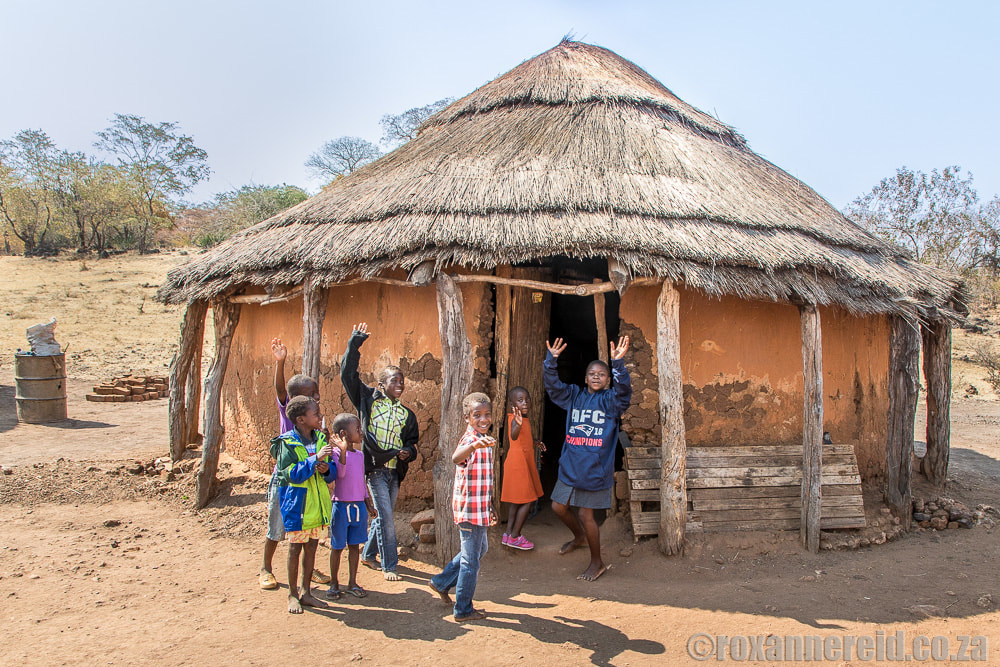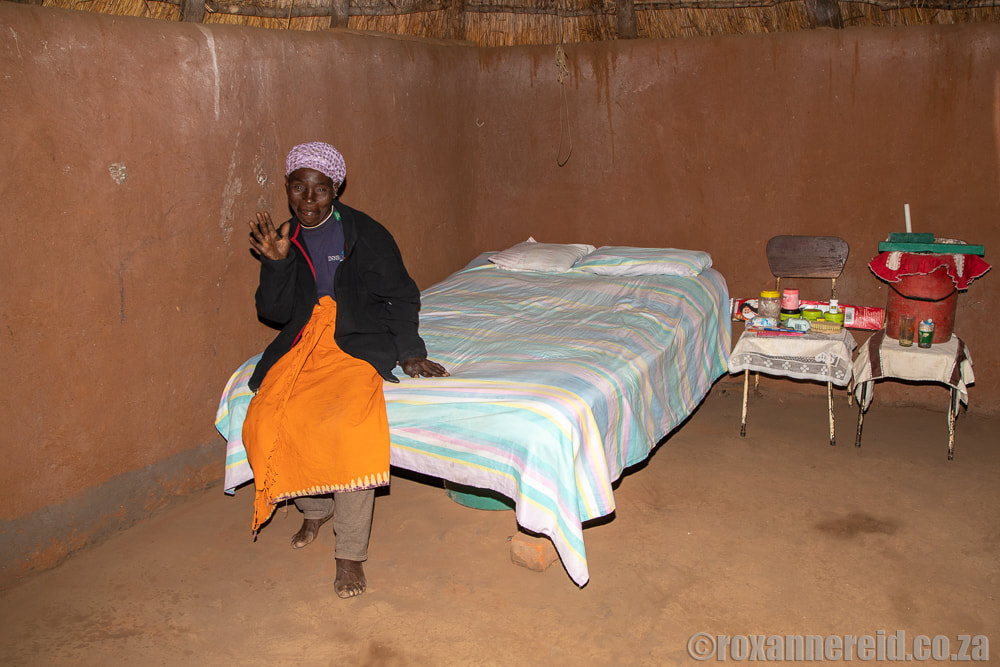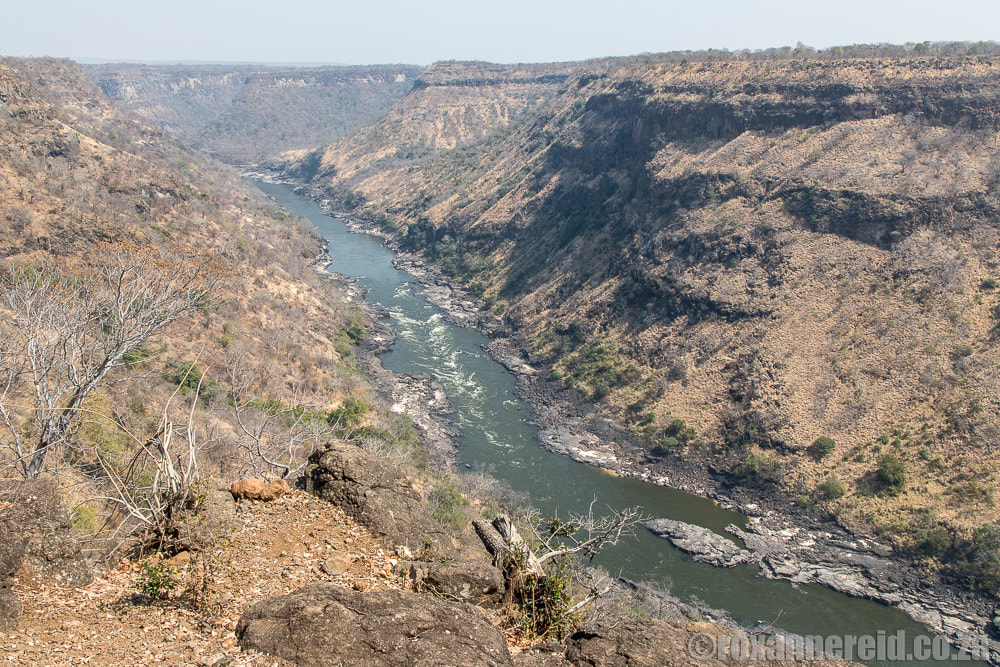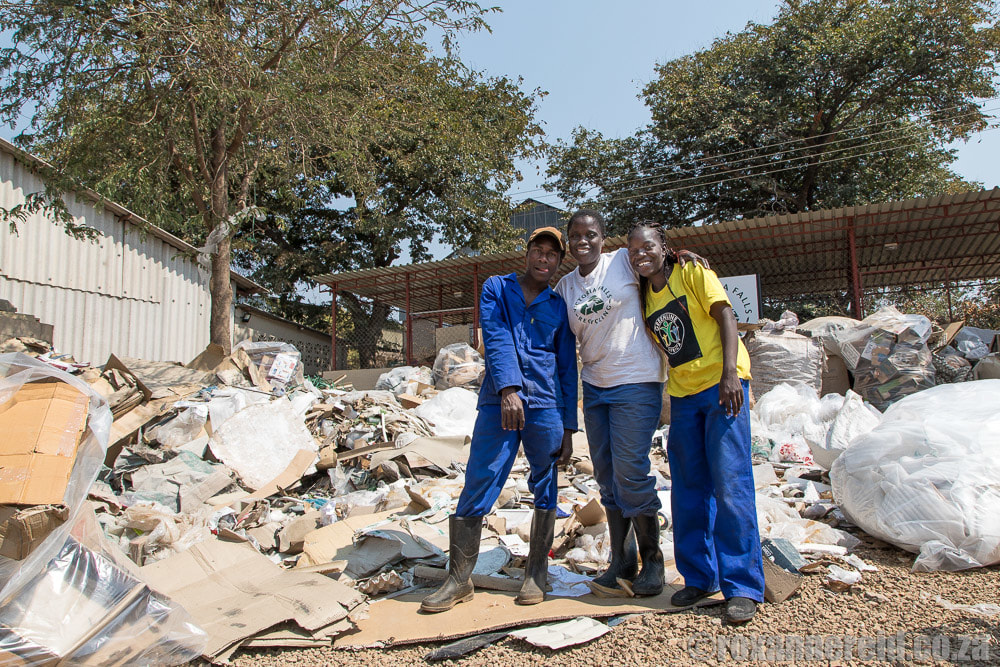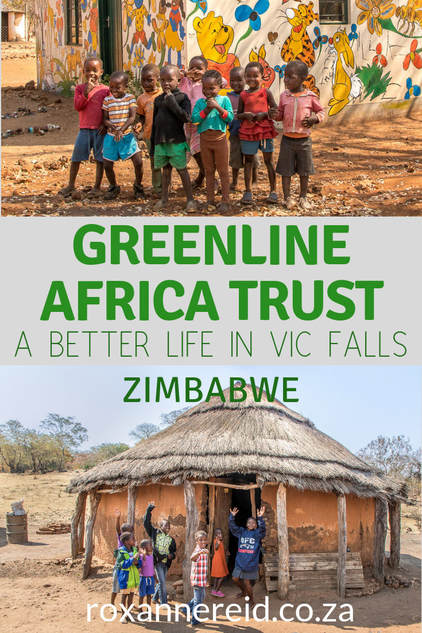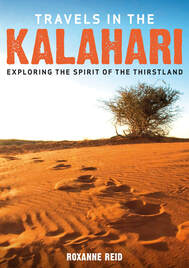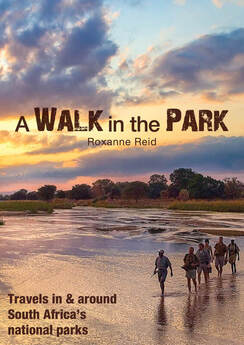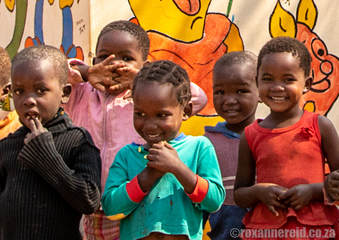
The town of Victoria Falls Zimbabwe is a flourishing tourism hotspot, thanks to the Victoria Falls UNESCO World Heritage Site and a slew of adrenalin, safari and cultural activities that draw visitors to the area. But behind the scenes are many marginalised people, especially women and children. It’s for them that Greenline Africa Trust is working to create a better life through sustainable projects.
Later she started Environment Africa, a non-profit organisation that protects natural resources and promotes sustainable development. Once that grew from toddler to healthy adult, she decided to start over with something new. And so the Greenline Africa Trust was born in 2015, with the goal of better lives for marginalised women and children through sustainable projects.
Shelley Cox of Africa Conservation Travel, which tries to bridge the gap between tourism, communities and conservation, introduced us and we spent a morning with Charlene in and around Victoria Falls. We came away gobsmacked by the scope of Greenline Africa’s projects and its vision for a brighter future.
Our first stop, down a long and dusty road about half-an-hour’s drive from Vic Falls, was a community centre and garden project at Dibutibu. Along the way, Charlene explained that the aim was to create projects that link communities with business, especially lodges. For instance, the drip-irrigated gardens here produce fancy lettuce, beans, spinach, peppers, English cucumbers and other vegetables that are picked early in the morning and delivered to hotels and lodges in Victoria Falls.
‘We still need a cold room but we’ve recently got funds to put in another borehole, which will double our capacity to a hectare under crops,’ she said.
Building preschools
Our next stop was a preschool at Dibutibu that the Greenline Africa team helped to refurbish. As we pulled up in a puff of dust, local women were weighing chubby babies on a tree outside. In the playground, preschoolers played on a playground created from brightly painted old tyres. Some looked at us shyly, others grinned or giggled, clearly enjoying their new toys.
Charlene pointed to the tiny clinic over the road. ‘We’re hoping to revamp that one day when we have enough funding, but in the meantime we donate birthing kits to expectant mothers.’
The community of Jembwe a short drive further into the bush from Chisuma is notably poorer. Here, Greenline Africa has started a project to support women in the community who have taken in orphans to raise with their own children. They have few resources but their big hearts. ‘We’ve worked with the communities to identify 20 women who need support but lack of funds means we’re only working with three so far,’ said Charlene. She calls this project ‘sponsor a gogo’.
Charlene had brought food and some donated secondhand clothes. ‘We take visitors around to see these community projects, for which we ask them to donate a minimum of US$40 per person to pay for food packs. Sometimes, they also decide to give a few items of clothing when they leave,’ she explained.
I noticed that not every child got something. Not one complained – such a stark contrast with far more privileged children who would whinge loud and long at such ‘unfair’ treatment. It’s sad to see how these children already know that life isn’t fair.
At boma overlooking a river gorge we stopped for coffee and biscuits while Charlene told us about Greenline’s beekeeping project. Bee fences have recently been erected to help keep elephants out of rural farmers’ crops, and beekeepers are being trained both to help with bee removal and to produce honey to sell to lodges and provide a sustainable living.
Back in town, Charlene introduced us to the latest project, just two months old when we visited – recycling. It’s currently funded by Victoria Falls Safari Lodge and has three staff members. Hotels and lodges separate their waste into cardboard and plastics and drop it off at the centre. Youngsters from Greenline’s Youth Project help to further separate the plastics into six types. Then it’s passed through a baling machine ready to be carted away. A South African recycler pays for some of the baled materials, and some thin plastics are sold to Harare where a machine extrudes it into spaghetti and chips it into pellets to make new plastic bags.
The future
Future plans trip off Charlene’s tongue – growing limes for local lodges, a goat’s milk project to make cheeses, sewing and soap-making schemes. ‘We have a couple coming to the community centre to teach the locals to sew so they can earn a living. And we’re currently collecting used cooking oil from hotels and will also extract oils from the seeds of the Jatropha tree for soap-making. Initially, we’ll make soap bars to sell to the community so the business can be sustainable.’
She sees opportunities to uplift local communities at every turn. Greenline Africa has already done so much in its three short years of existence that I don’t doubt these schemes will all come to fruition once funds become available.
How can you help?
Follow Greenline Africa Trust's Facebook page to keep up with their current projects and see where you might be able to help, either as a volunteer giving your time if you plan to visit Victoria Falls, or with monetary donations for specific projects.
Like it? Pin this image!
Victoria Falls Wildlife Trust: behind the scenes of your Victoria Falls safari in Zimbabwe
Community guardians and mobile bomas cut human-wildlife conflict
Copyright © Roxanne Reid - No words or photographs on this site may be used without permission from roxannereid.co.za
